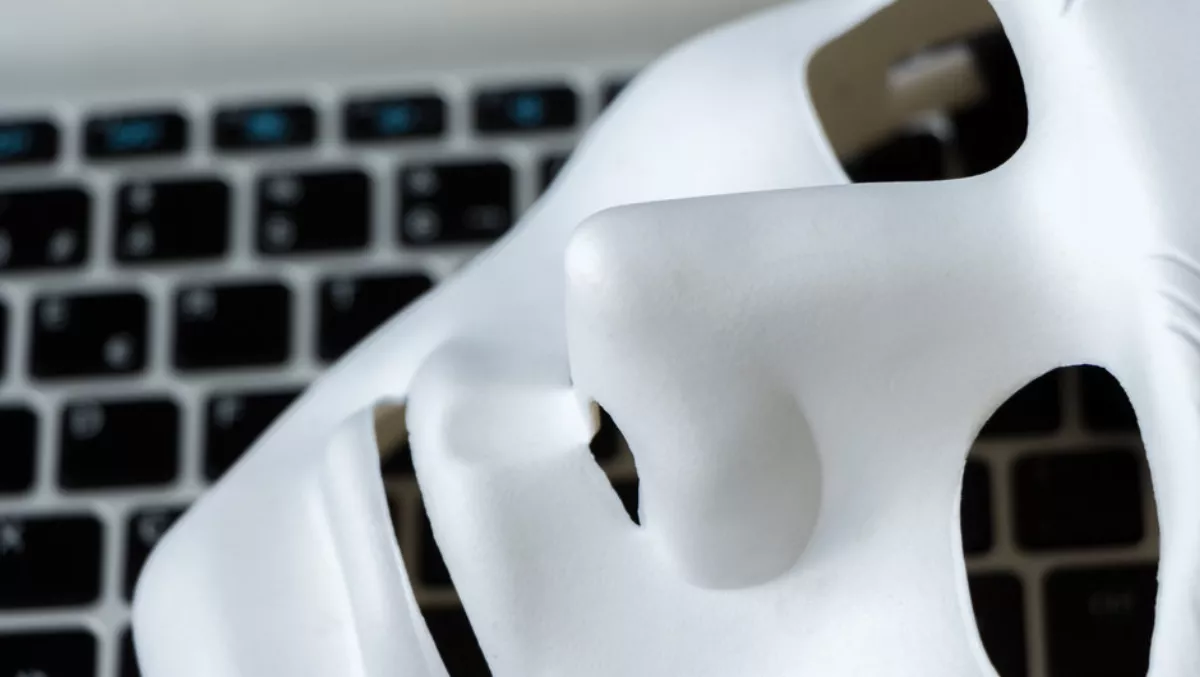
Facebook cracks down Ukraine-based fake accounts
Facebook has stamped out two massive fake account networks that appeared to originate from Russia and the Ukraine.
The first network comprised at least 107 Facebook pages, groups and account, as well as 41 Instagram accounts that were 'engaging in coordinated inauthentic behaviour'.
The accounts, which shared local Ukrainian news on topics including NATO, protests, and weather, demonstrated similar overlap with Russia-based activity prior to the United States midterm elections. Behaviour also shared characteristics with activity from the Internet Research Agency, which is a Russian organisation with a mission to influence public opinion and politics.
According to Facebook's head of cybersecurity policy, Nathaniel Gleicher, the network spent approximately US$25,000 on ad spending across Facebook and Instagram.
"The first ad ran in January 2018, and the most recent ad ran in December 2018. We have not completed a review of the organic content coming from these accounts," Gleicher writes in a blog.
"About 180,000 Facebook accounts followed one or more of these Pages, and more than 55,000 accounts followed one or more of these Instagram accounts.
The second takedown involved 364 Facebook pages and accounts for 'engaging in coordinated inauthentic behaviour'. The network originated in Russia and operated in a number of regions including Central Asia, the Baltics, the Caucasus, as well as Central and Eastern European countries.
The accounts masqueraded as news pages or general news pages. Many of the posts spread anti-NATO sentiment, protests, corruption, and many accounts were linked to a Moscow-based news agency called Sputnik.
The accounts spent approximately US$135,000 on ads on Facebook.
"The first ad ran in October 2013, and the most recent ad ran in January 2019. We have not completed a review of the organic content coming from these accounts," Gleicher continues.
Approximately 790,000 accounts followed one or more of the offending pages. What's more, Around 190 events were hosted by the pages.
"The first was scheduled for August 2015, and the most recent was scheduled for January 2019. Up to 1200 people expressed interest in at least one of these events. We cannot confirm whether any of these events actually occurred," Gleicher says.
Facebook says it has shared information about its investigation with United States law enforcement, the United States Congress, other tech companies and policymakers in countries affected by the face accounts.
It is also committed to security efforts to uncover abuses, particularly as Europe faces political movement and elections in 2019.
"We are committed to making improvements and building stronger partnerships around the world to more effectively detect and stop this activity," Gleicher concludes.


